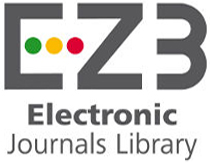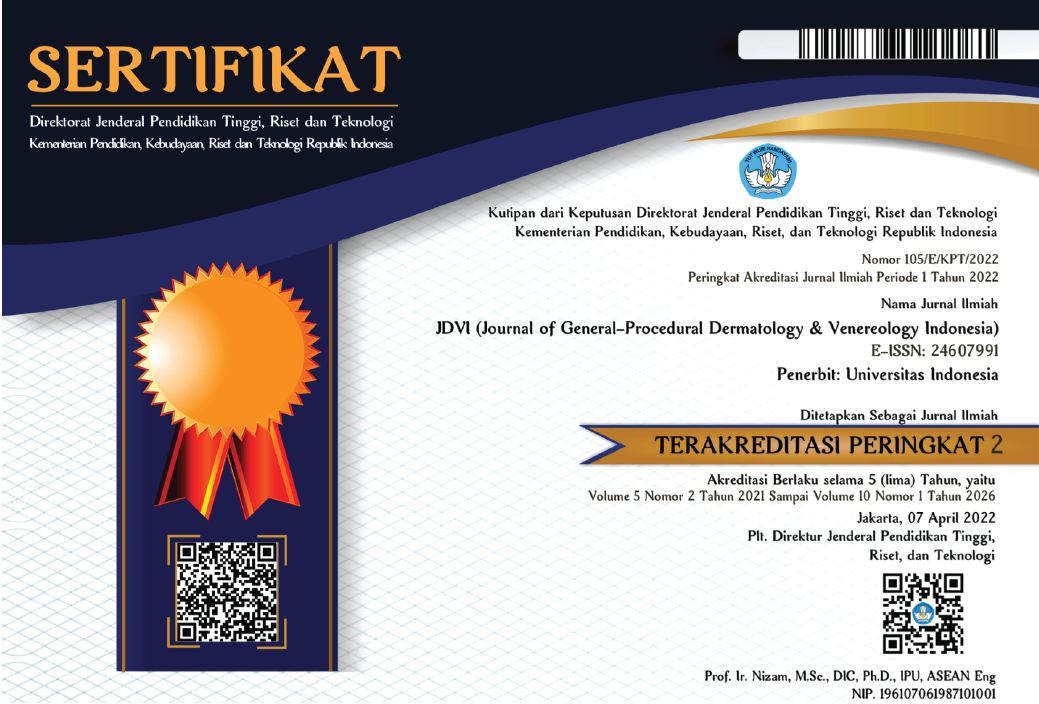Abstract
Skin cancer is a global health concern due to its growing incidence and high mortality rate. The most common therapeutic modalities in skin cancer include surgery, radiotherapy, and chemotherapy. However, those therapies do not specifically target cancer cells and may damage healthy tissues. Cancer induces immune response by releasing soluble antigens and danger signals caused by tumor cellular stress or death, while the immune system continuously monitor and control malignant proliferation through cancer immunoediting. Therefore, targeting this mechanism is a promising approach to manage cancer, especially those unresponsive to conventional therapies. Immunotherapy is a specific therapy that manipulates the immune system to fight the disease. Previous studies have shown promising results in its clinical use in melanoma and non-melanoma skin cancer (NMSC). However, its potential toxicity and tolerability may pose significant obstacles in developing effective cancer immunotherapy. Biomedical, immunological, and clinical research in skin cancer is still needed to elaborate further on its pathogenesis and design safe and effective therapy for each skin cancer.
Recommended Citation
Mughni, Fadhli Aulia; Astriningrum, Rinadewi; Hoemardani, Aida SD; Bramono, Kusmarinah; Sampurna, Adhimukti T.; and Sutarjo, Agassi Suseno
(2022)
"Recent progress in immunotherapy for skin cancer,"
Journal of General - Procedural Dermatology & Venereology Indonesia: Vol. 6:
Iss.
1, Article 9.
DOI: 10.19100/jdvi.v6i1.279
Available at:
https://scholarhub.ui.ac.id/jdvi/vol6/iss1/9
Included in
Dermatology Commons, Integumentary System Commons, Skin and Connective Tissue Diseases Commons































